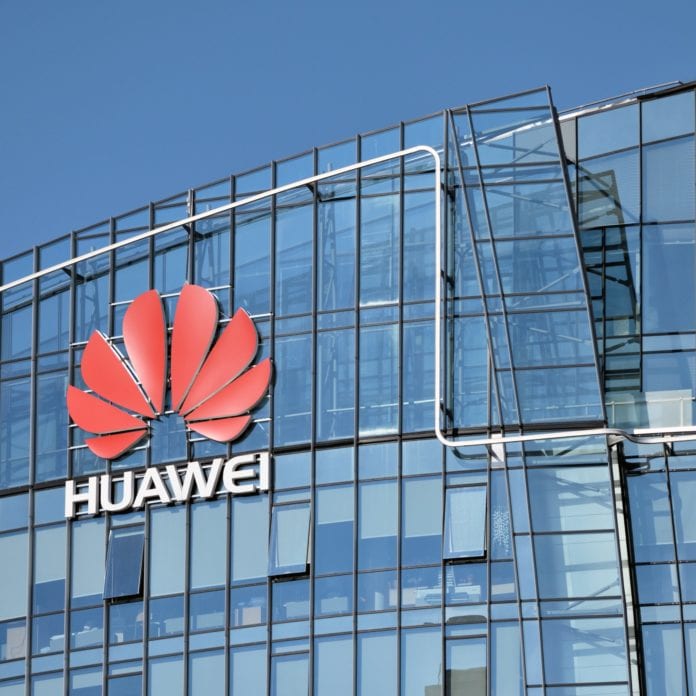Poland has arrested two telecom employees on suspicion of spying for the Chinese state: a Chinese employee of infrastructure vendor Huawei and an employee of Orange Telecom, according to published reports.
As reported by The New York Times, the Huawei employee is the head of the company’s sales in Poland. Reuters reported that the Orange employee was a former Polish security official. However, Reuters was told by a spokesman for Polish security services that the allegations related to individual actions and were not linked directly to Huawei itself.
The Times reported that Polish law enforcement officers raided the homes and offices of the two suspects on Tuesday, then had to wait the standard two days required by Polish law in order to obtain arrest warrants.
This is the second recent instance of a Huawei employee being arrested abroad. In December, Huawei CFO Meng Wanzhou was arrested in Canada for extradition to the United States, in relation to an investigation of whether the company violated U.S. sanctions against Iran — the same trade rules that led to a U.S. export ban against ZTE last year and resulted in ZTE temporarily shutting down its operations before a reaching an agreement on fines, leadership changes and monitoring that satisfied U.S. officials of the company’s future compliance.
The arrests in Poland are likely to add fuel to U.S.-led warnings about use of Chinese telecom infrastructure from Huawei and compatriot vendor ZTE in the build-out of 5G networks, due to the companies’ close relationships with the Chinese government. Sen. Mark Warner (D-Virginia),vice-chair of the Senate intelligence committee, kept up the pressure this week with an interview on Canadian television in which he claimed that the use of Huawei equipment in Canada’s 5G networks could put U.S. networks at risk.
Countries including India and Canada have thus far declined to limit Huawei and fellow Chinese equipment manufacturer ZTE from participating in 5G trials or supplying infrastructure for their countries’ networks; however, others, from New Zealand to the U.S., have either banned government agencies from purchasing Chinese-made equipment or moved to prevent telecom operators in their jurisdictions from buying and using the equipment. Huawei this week said that it is in talks with Japan’s government over a move that effectively banned Japan’s ministries and agencies from buying Chinese telecommunications equipment starting in fiscal 2019; Huawei plans to bolster its purchases of Japanese core parts in order to reduce concerns that its products could be used as a basis for cyber attacks or intelligence leaks.
Huawei also recently announced $2 billion in cybersecurity investment over the next five years as part of its efforts to allay national security concerns.
Despite the headwinds from the security concerns, Huawei nonetheless has recently said that it expects to see record 2018 revenues, and that it has already signed 26 commercial contracts for 5G with leading global carriers and shipped more than 10,000 5G base stations to markets around the world.

